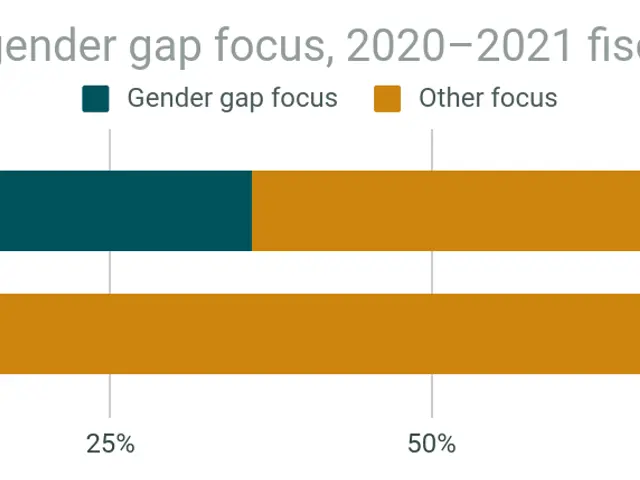The Development of Poker in the Digital Age
Online poker has undergone a remarkable metamorphosis, thanks to the integration of advanced technology. The game, once confined to physical tables, has been democratized and transformed into a spectator sport, with live streaming platforms playing a pivotal role.
The Strategic Shift
The strategic landscape of online poker has been revolutionized, moving away from relying on intuition and physical tells towards a data-driven approach. Players now have access to a plethora of analytical tools like PokerTracker, Hold’em Manager, and GTO solvers. These tools enable them to dissect complex hands, identify weaknesses in their play, and optimize strategies based on statistical analysis.
Artificial Intelligence (AI) and sophisticated statistical models are also integral to crafting effective strategies. AI-powered poker bots simulate human strategies by adapting and learning, presenting new challenges for players. While some bots are used for training, others raise fairness concerns by potentially gaining an unfair advantage. To address this, platforms have increased their investment in anti-bot detection and fair-play enforcement.
Moreover, personalization is another aspect where technology shines. AI tailors recommendations, promotions, and gameplay challenges to individual playing styles, promoting continuous improvement and retention.
The Impact on Community
The rise of AI and bots has not been without its challenges for the communal aspect of online poker. Bots that mimic human behavior can affect trust and alter perceptions of fairness. To preserve community integrity, platforms have invested heavily in verification and anti-cheating technologies.
The presence of advanced AI bots has also sparked ethical debates within the poker community regarding fairness, competition, and regulation in online environments. The ongoing discussions aim to ensure a level playing field and maintain the social and communal dynamics that are integral to the game.
Lastly, AI systems are deployed for fraud detection, behavioral analysis, and real-time monitoring to prevent cheating, collusion, and money laundering. These measures are crucial in maintaining a secure and fair environment for all players.
In conclusion, technology, particularly AI and analytics, has significantly reshaped online poker by enhancing strategic sophistication while simultaneously challenging the communal trust and fairness that underpin the game. Platforms and players must continuously adapt as technology evolves to maintain a secure, fair, and engaging environment.
For further exploration of this topic, you may find GGPoker an interesting resource, offering new insights and perspectives on the future of online poker.
[1] AI and Online Poker: A New Era of Strategy and Community [2] The Rise of Data-Driven Poker [3] Ensuring Fairness in Online Poker: An Overview of Security Measures [4] The Ethical Implications of AI in Online Poker
- The integration of advanced technology, including AI, has brought about a new era of strategy in online poker, enabling players to employ analytical tools for optimized gameplay.
- The use of AI-powered poker bots presents both opportunities for training and potential concerns about fairness, sparking ethical debates within the poker community.
- Apart from AI-driven strategies, technology has also personalized game experiences, recommending promotions, challenges, and improving player retention through individualized gameplay.
- As technology revolutionizes online poker, it simultaneously poses challenges to the communal aspect of the game, affecting trust and perceptions of fairness.
- Platforms are investing in verification and anti-cheating technologies to ensure community integrity and maintain a level playing field in online poker.
- In the realm of entertainment, online poker has expanded to include casino games, sports betting, and even social media integration, broadening the horizons of the gaming industry.
- In addition to strategy and fairness, technology plays a crucial role in monitoring and preventing fraud, collusion, and money laundering in online poker events.






